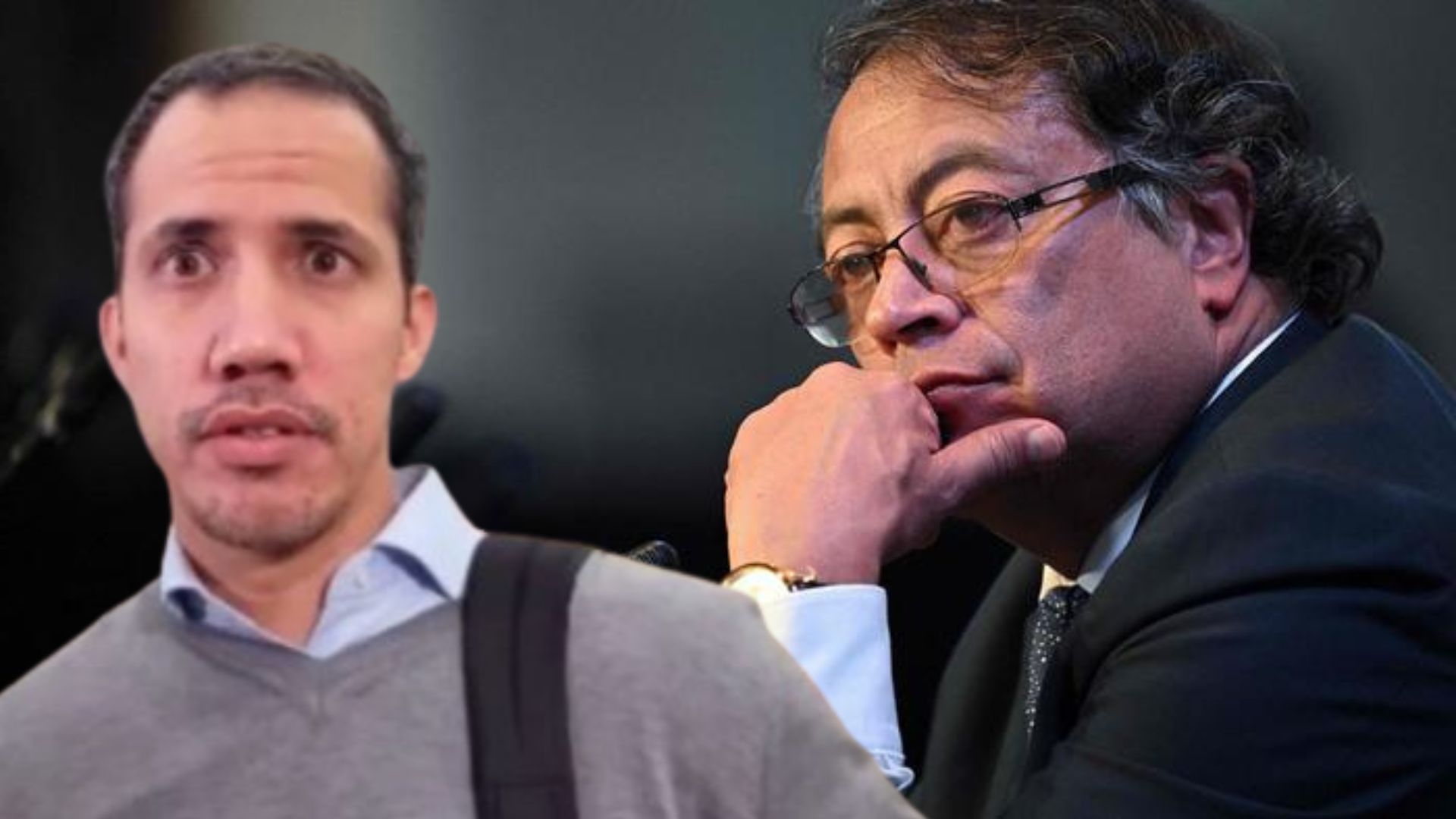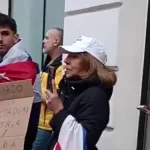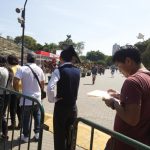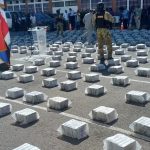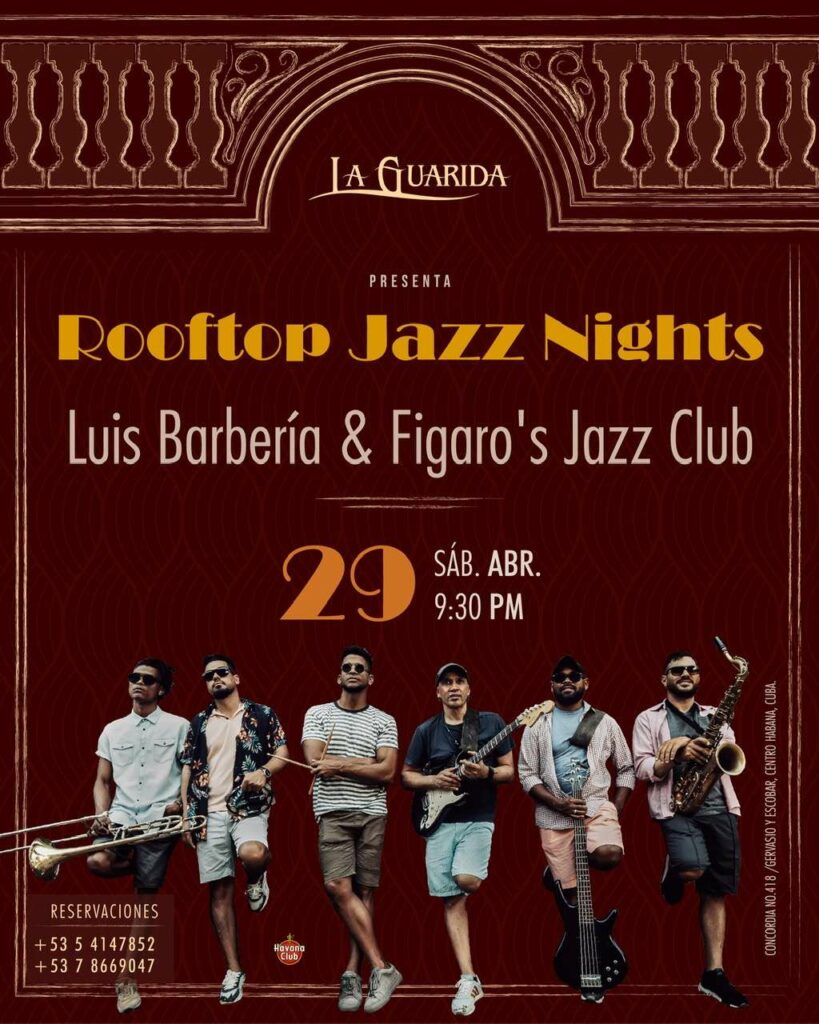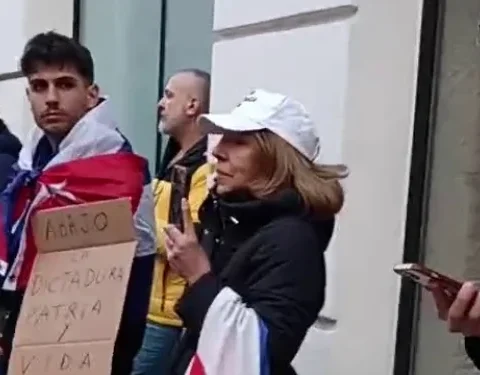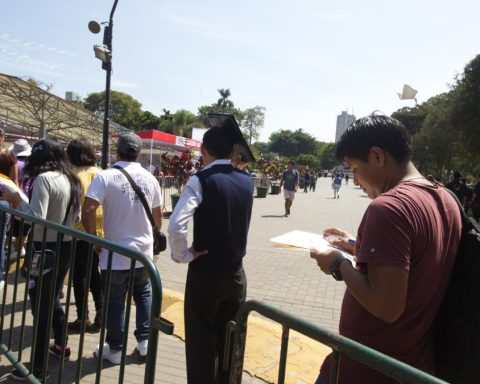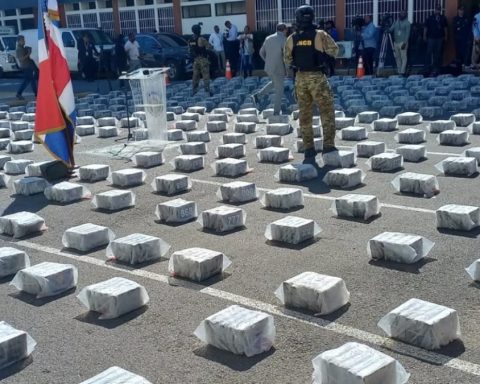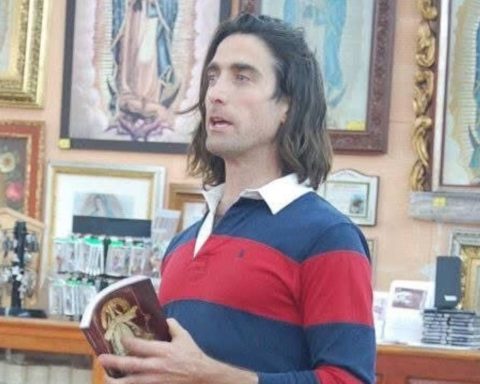After knowing the expulsion from Colombia, of the Venezuelan opponent Juan Guaidó, after entering the South American country “irregularly”, the former ambassador, before the Organization of American States (OAS), Arthur McFields, said to Article 66 that the conference called to analyze the issue of Venezuela, “died before being born.”
It was learned that Guaidó had announced his arrival in the Colombian capital early yesterday Monday, prior to the meeting called to unlock the negotiations between the government and the Venezuelan opposition, which began in Mexico City in August 2021 but entered at a standstill in November 2022.
Related news: Guaidó arrives in Miami after being expelled from Colombia by the leftist Petro
After the action of the Colombian government —which Gustavo Petro denied— against Guaidó, the former Nicaraguan diplomat asserted that “from the moment a mediator leans towards one of the sides, he immediately loses all credibility.”
“That is why I say that this conference died before it was born because by expelling Juan Guaidó in an undemocratic and violating human rights manner, any event on Venezuela immediately loses all credibility and legitimacy,” he stressed.
Action equal to dictatorships of Ortega and Cuba
He also explained that Guaidó arrived in Colombia in a high-risk situation, thinking that Petro’s government “was democratic, but when he arrived in Colombia, he tried to talk to some of the participants in the conference (…) but then, the foreign minister —Álvaro Leyva— issues a statement saying that Juan Guaidó has not been invited; hours later the Foreign Ministry finds him and with officers they take him to the airport.
He said that the actions against the Colombian opponent are similar to those of the dictatorships of Nicaragua, Cuba or Venezuela, “who grab people who arrive in the country and put them on a plane. With this act, the Petro government looked like an official of Maduro.”
“For this reason, I consider that everything that arises in this day’s meeting is irrelevant, because the news of the day is: Colombia expels Guaidó and it is done by a country that has a tradition of protecting people seeking asylum and protection, but this rude expulsion breaks with a tradition of respect for human rights that Colombia had maintained,” he said.
He also pointed out that there are already 15 dialogues that Venezuela has carried out, for which reason many Venezuelans have lost confidence in these negotiations, “especially when important issues are not addressed and not all the actors are invited, and rather it seems that these dialogues they seek to oxygenate the dictator, give him time and help him recover money and eliminate sanctions».
Related news: Petro denies expulsion of Venezuelan opponent Guaidó
Referring to the statements made by the dictator Nicolás Maduro, who set as a condition for a dialogue with the opposition that the 3,200 million dollars be unfrozen, due to the sanctions, which would be delivered to the United Nations to allocate them to social programs, McFields said that “in every negotiation you ask for 10 so that they give five, and Maduro is exaggerating because he knows that they are not going to give it to him the way he is asking for it.”
“Maduro asks for a high point to reach a middle ground, but he knows that this is not possible, however, what happened with Guaidó obscures anything that is done, because Petro remains an obedient servant of the dictatorship -of Venezuela- ».
“Selective political persecution continues in Venezuela”
For his part, Hector Mairena, member of the political council of the Blue and White National Unity (UNAB), stated that everything indicates that the selective political persecution continues in Venezuela.
He remarked that “in effect Maduro puts all kinds of obstacles to developing any negotiation, and we have already seen that in previous days the opposition – from Venezuela – and even the Colombian government asked Maduro to set the dates of the next elections.”

He stressed that, compared to the Nicaraguan regime, the dictator Maduro has made threats of dialogues very different from those carried out by Ortega “who has closed himself to this possibility.”
Referring to the situation in Nicaragua and a future dialogue between Ortega and the opposition, Mairena indicated that “whether we like it or not, in Venezuela there are some spaces for the opposition (…) but in Nicaragua what we see is an absolute closure on the part of of the Ortega regime; the repression continues and all independent spaces have been annihilated”.
Related news: Opposition Guaidó travels to Colombia before summit on Venezuela
“We continue to demand the dictatorship of Ortega and Murillo, accompanied by the international community, the release of political prisoners who already exceed 50, as well as the restitution of rights,” he said.
While McFields insisted that at least Maduro has made a “pantomime” of dialogue, but in the case of Nicaragua, Ortega has not said that he wants a dialogue, “on the contrary, they continue to banish people, since the Nicaraguan dictatorship is irrational ».
